6. Kal Ho Naa Ho

Dharma Productions. Check. Shah Rukh Khan. Check. Preity Zinta at the peak of her career. Check. Shankar-Ehsaan-Loy’s new age musical score. Check. Is there anything not worth loving in the film? The answer is no. Everything from the look of the film to the costumes, choreography, supporting actors and the background score spells magic and exudes feel good charm. It is hard to believe that Karan Johar is the producer and writer of the film and not the director as his trademark style can be seen in each and every frame that is expectedly fashionable and easy on the eyes. Despite the innumerable aspects to appreciate and enjoy, ‘Kal Ho Naa Ho’ is essentially a Shah Rukh Khan film as he towers above all and if you are a diehard fan of Mr. Khan, this film will mend your broken heart and heal your wound. When Khan opens his arms and lip syncs to the song ‘Kal Ho Naa Ho’ all the worries of the world suddenly seem to disappear even if for a second.
5. Haasil
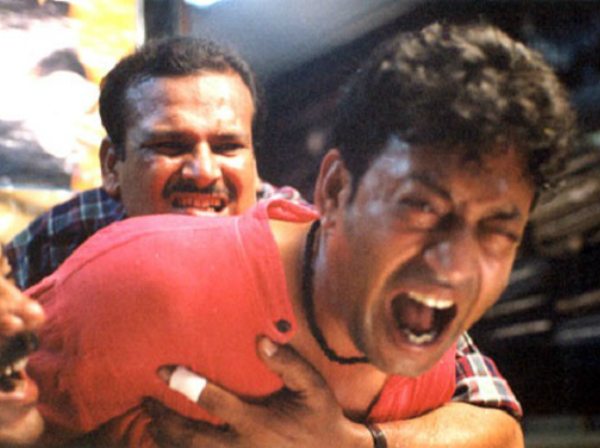
Long before heartland dramas and thrillers became a trending topic in Bollywood, Tigmanshu Dhulia sowed the early seeds with his film ‘Haasil’. The ingredients include student politics, an unadulterated love story between two young hearts and lots of ‘desi-dialgoues’ which forms the crux of almost all the realistically shot heartland based movies. Dhulia’s ‘Haasil’ displays a perfect combination of commercialism and new age indie treatment and proves to be a film that is obviously entertaining but also stirs you from the inside. The film is also credited for showcasing the brilliance of Irrfan Khan and opening new avenues for him in the Hindi film industry. His negative shade overpowers the naivety and gullibility of Jimmy Shergill who plays his nemesis in the film. Ashutosh Rana also shines in a significant role.
4. Gangaajal
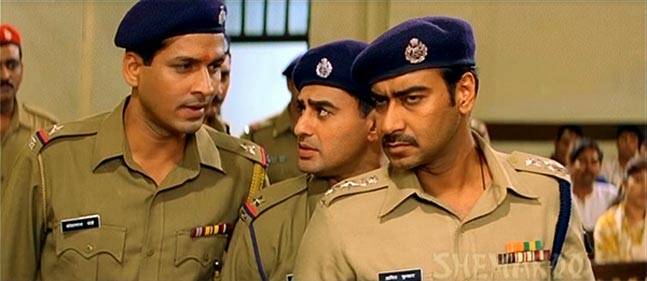
In ‘Gangaajal’ Prakash Jha was in familiar terrain as far as the subject matter is concerned. The justice system, corruption, caste system and social evils; all come together to form a story of an upright individual who takes it upon himself to reform the society while also balancing his personal life and professional commitments. The strength of a Prakash Jha film lies in its uninhibited calling of spade a spade. There is no trivialization of cruel, unfortunate incidents to cater to a larger audience rather Jha sticks to his guts and glory of telling a story form his point of view without over analyzing or simplifying an issue of grave importance. His films don’t necessarily appeals to youngsters but he is one of the last filmmakers who think it is their social responsibility to empower the society through his films and that is why ‘Gangaajal’ matters in the grand scheme of things.
3. Matrubhoomi: A Nation Without Women
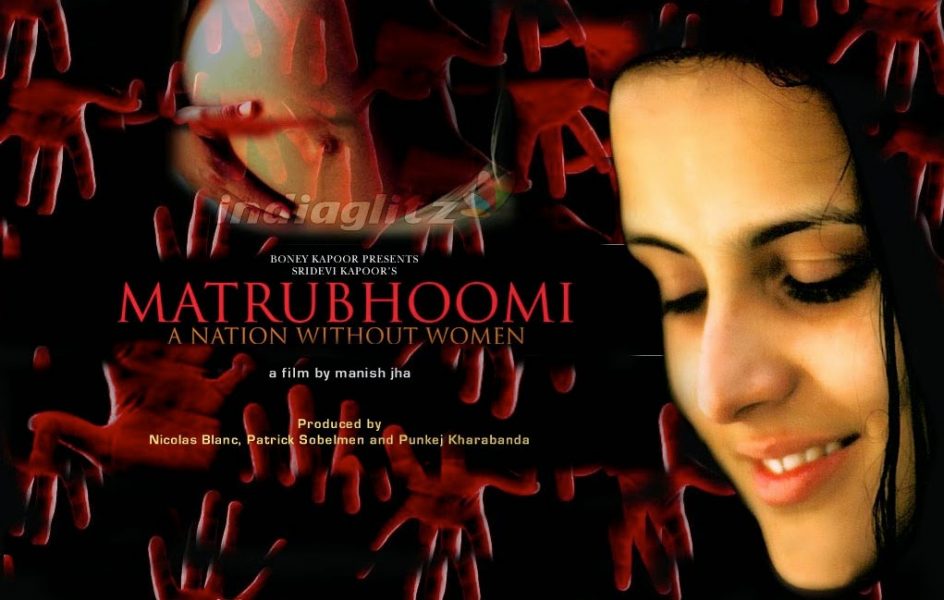
‘Matrubhoomi’ is a bold and daring film even for today’s time. It showcases a modern day reality and uses the dystopian tale technique as seen in so many effective films over the years. Only in this case the dystopia shown in the film is already a reality in some parts of India. The film highlights the cause and immediate effect of female foeticide and infanticide in a country with a population of over 1.3 billion people. Director Manish Jha doesn’t shy away from showing the reality as it is no matter how uncomfortable it may get for the viewer and elucidates how patriarchy and indifference led to growing imbalance of the sex ratio in a country that has always been prejudiced towards women in general. The film didn’t make much noise commercially in India but it found resonance world over though film festivals where it was screened and unanimously appreciated. It won the FIPRESCI award at the Venice Film Festival (Critics’ Week Selection).
2. Pinjar
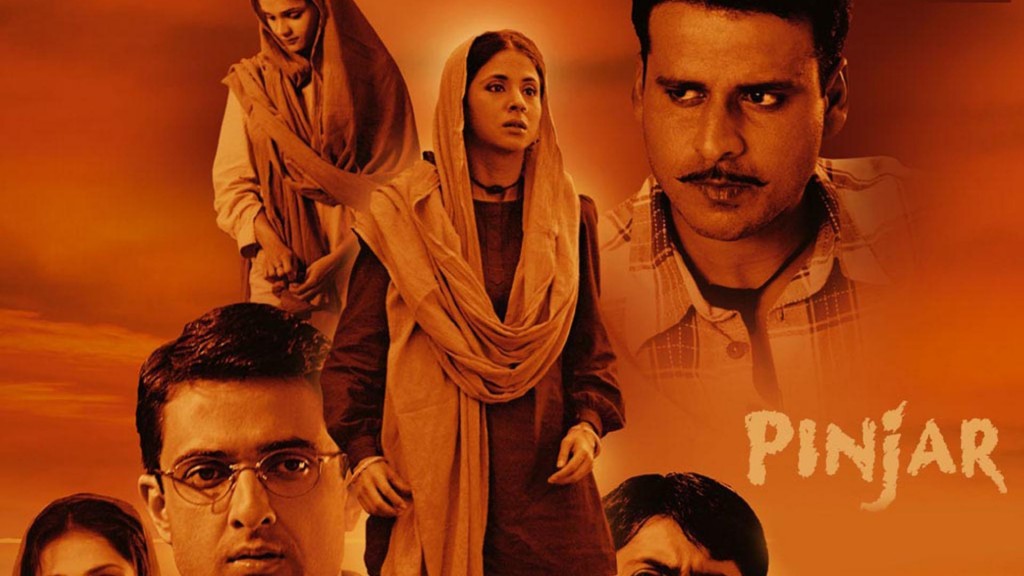
Based on a celebrated novel by Amrita Pritam, ‘Pinjar’ is set during the much talked and written about partition era. Apart from the noble subject matter the film is further uplifted by award worthy performances from the bundle of talented actors that make up the cast. Urmila Matondkar and Manoj Bajpayee in particular deserve all the superlative praise directed towards them. Chandrapraksh Dwivedi’s direction is sensitive and elaborate and does full justice to the words, vision and poignancy of Amrita Pritam. ‘Pinjar’ is a hidden gem as it didn’t grab major eyeballs during the time of its release and it still remains relatively underappreciated. It’s high time that the film gets the recognition it so much deserves. It won the National Award for the being the best film to promote national integration.
1. Munna Bhai M.B.B.S

If there’s one film which guaranteed the longevity of Sanjay Dutt in Bollywood, it is ‘Munna Bhai M.B.B.S’. In technical terms the film is called a sleeper hit as it started slow but picked up pace at the box office all thanks to positive word-of-mouth that spread like a wild fire. The main reason for the film’s success is its assured light heartedness and self-deprecating humour. And we cannot thank enough our good luck as the film marked the directorial debut of Rajkumar Hirani, the filmmaker with the Midas touch. The film ensured that phrases like ‘Jadoo Ki Jhappi’ and ‘Tension Lene Ka Nahi, Sirf Dene Ka’ became part of our daily conversations and one could write volumes of books on the life lessons taught by Munna Bhai on a daily basis. Also who can forget Circuit (Arshad Warshi) and Dr. Asthana (Boman Irani). It was followed by an even more successful sequel ‘Lage Raho Munna Bhai’ in 2006.
Read More: Best Movies of 2004

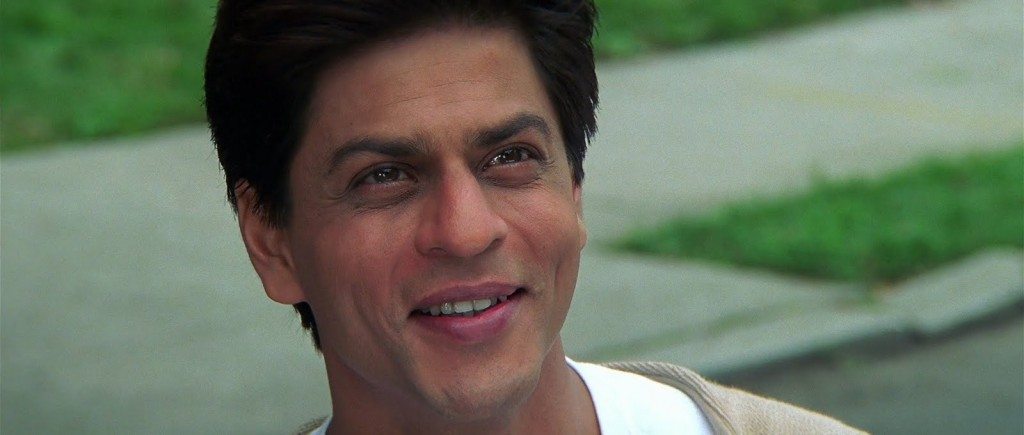
You must be logged in to post a comment.